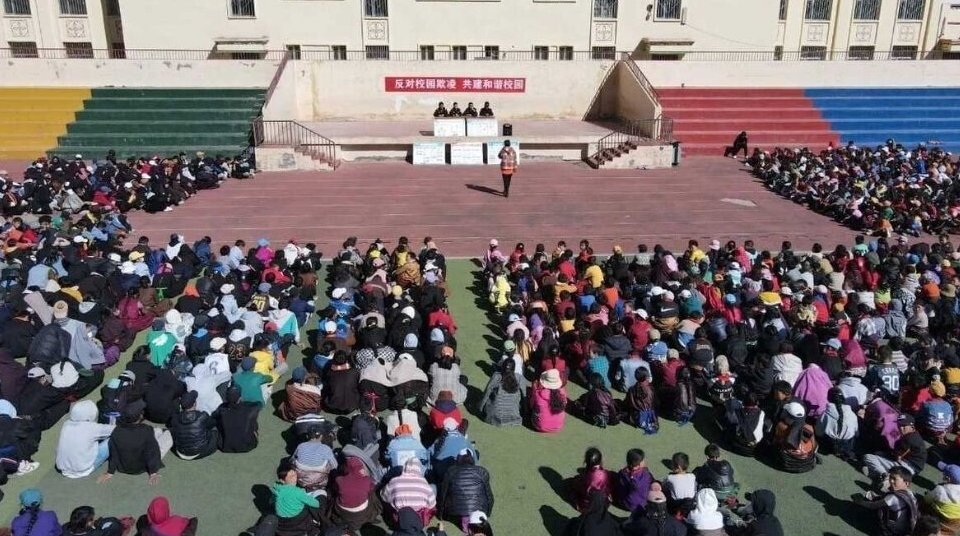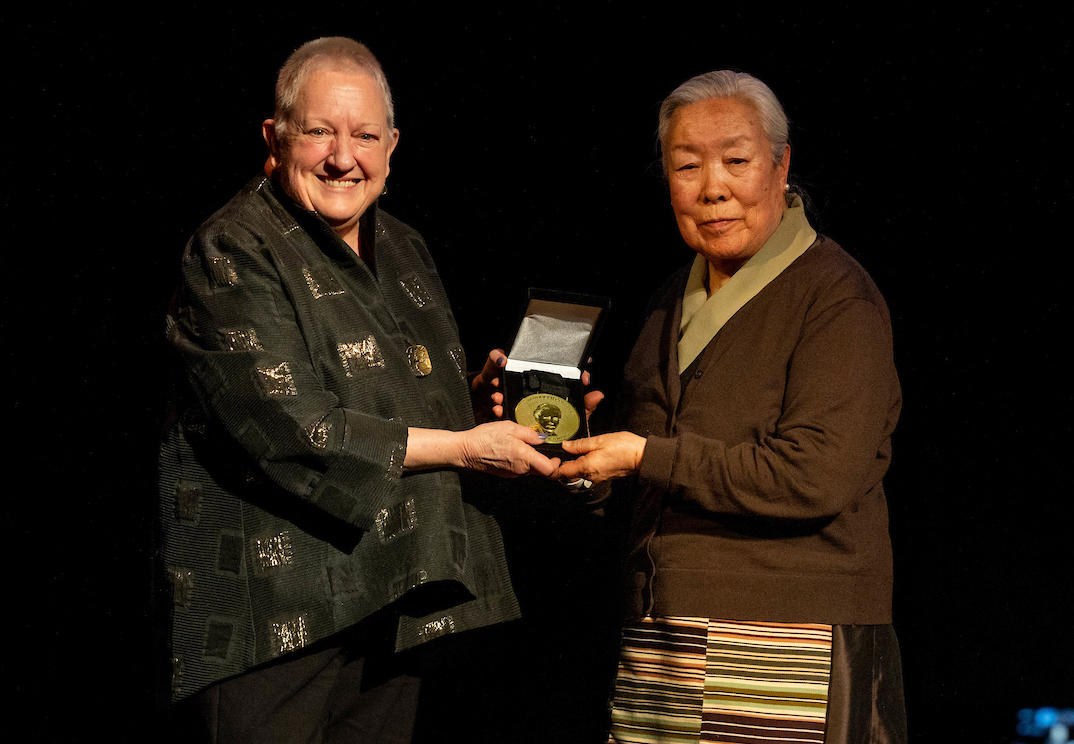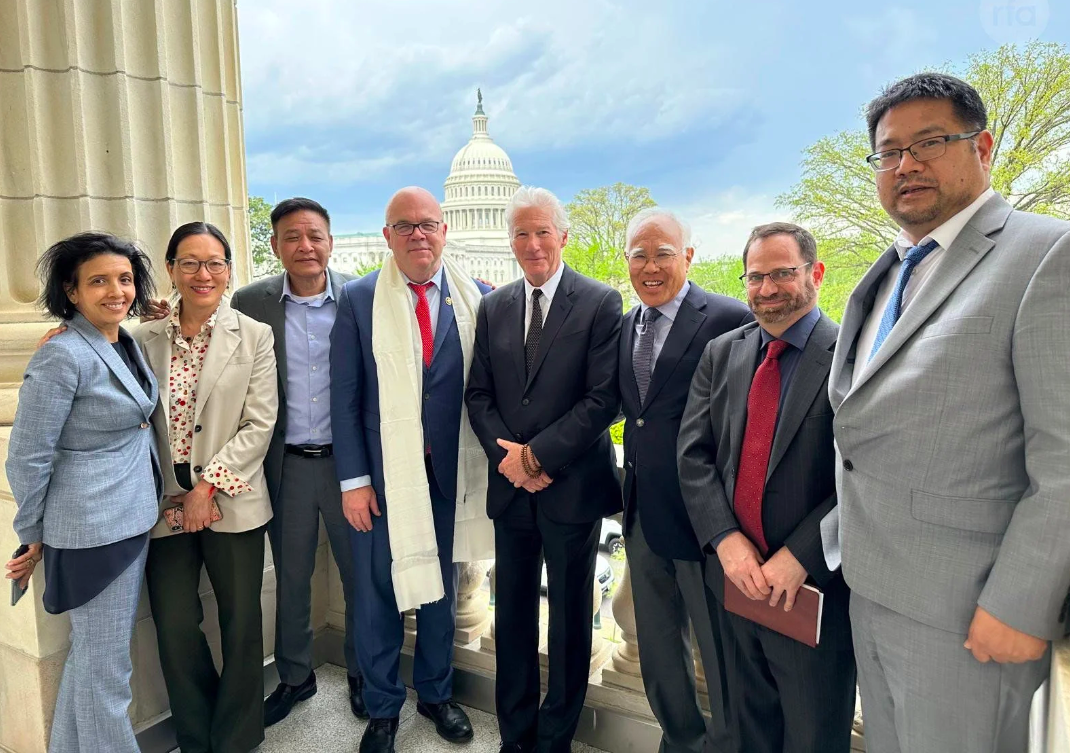By Choekyi Lhamo
DHARAMSHALA, Apr. 29: Two Tibetans have reportedly been arrested for communicating with exile Tibetans in Eastern Tibet on April 16, according to rights group Tibet Watch. Samten Sangpo and Tsultrim from Machen County in Golog Tibetan Autonomous Prefecture were arrested for communicating with exiled Tibetans through the micro messaging app WeChat.
The current whereabouts and the condition of the two men are not known. According to the report, they were last seen when the authorities in Tridu County (Ch: Chenduo) handed them over to Machen County police. Both the detainees are relatives; Tsultrim is Samten’s brother-in-law.
According to the anonymous source cited in the report, Chinese authorities have tightened surveillance in the same region of Tsongon Province (Ch: Qinghai) and Golog Tibetan Autonomous Prefecture, targeting Tibetans who have relatives or close contacts with exile Tibetans. The local authorities reportedly organized meetings and warned residents against communicating with the exile Tibetan community. The report further added that recruitment of people for espionage for monitoring online communication is underway, luring them with promises of lump sum cash rewards and government aid.
These arrests are followed by the delayed information of a Tibetan nomad, Tashi Gyal, from Ragya Town, Machen County who was arrested on Oct. 13 last year and subsequently imprisoned for one year for WeChat posts dating back to 2014 and 2015.
News also surfaced of three Tibetan teenagers from Kyegudo in Yushu Tibetan Autonomous Prefecture being arrested in February this year for failure to register their WeChat group. The teenagers founded a WeChat group with 240 members. Observers say that these accounts of arrests testify to the heightened pressure on Tibetans inside Tibet as most of them are considered “prime suspects for any leakages of information related to human rights violations in Tibet.”










